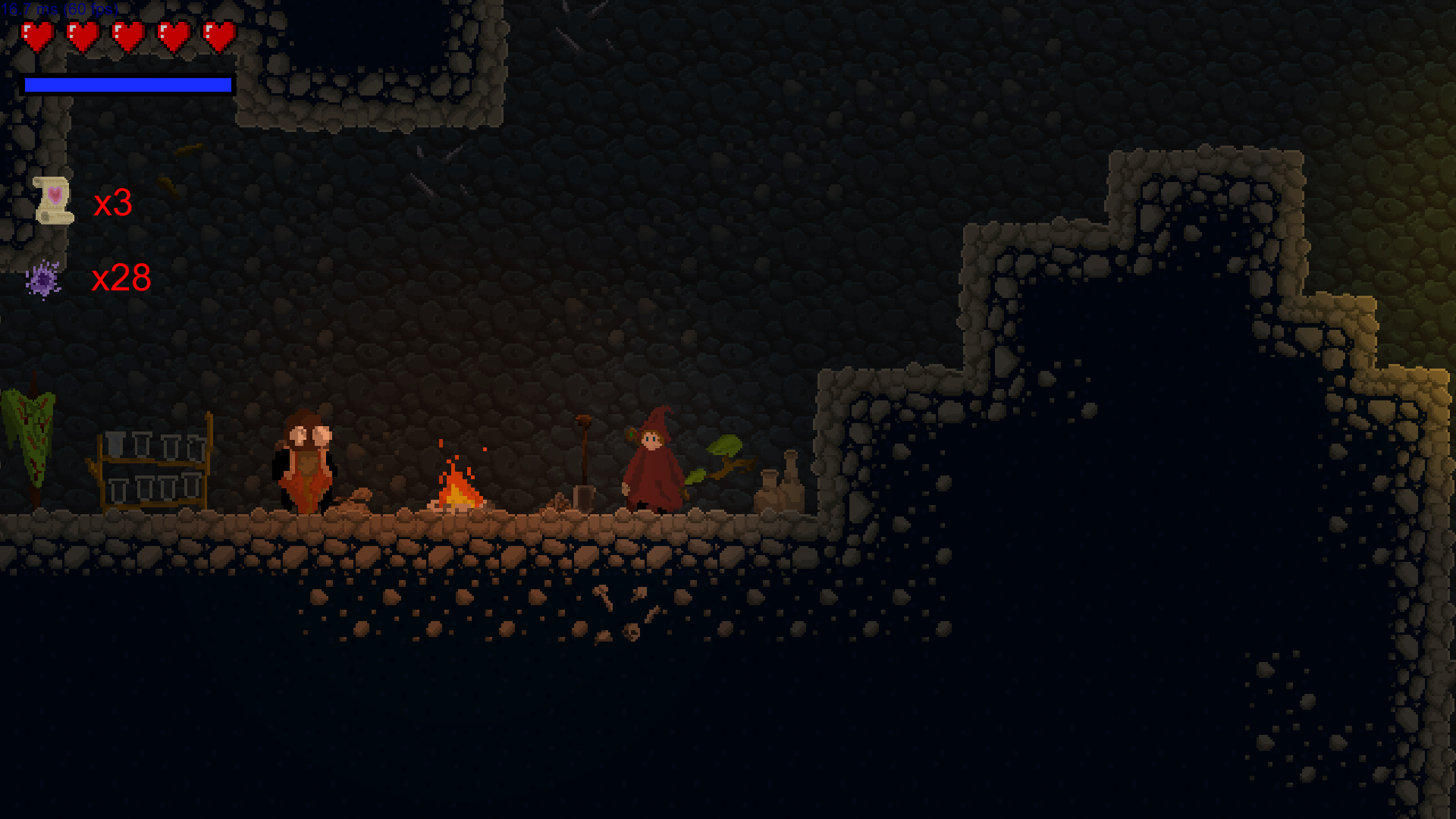MagicLess Mac OS
Anonymous Art Show. Img5673 96d1db1d-f494-434b-bfa7-95e34dd16891 female hands with pen writing on notebook Title - 'On A Moonlit Night' (The year of winter white) Artisan tigerpaintingandreamuellerartwhistler-e952 feature-e638 img4813 img4910. Contribute to cklwblove/magicless development by creating an account on GitHub. Same with armor, since you could bend stone and wood to make a building, doing the same for armor and weapons looks easier than buying metal armor from those wierd magicless dudes. Even buying the the metal bars would be more practical, since you could end up bending the metal with magic at points that metal workers couldn't even dream. While Apple's previous iPod media players used a minimal operating system, the iPhone used an operating system based on Mac OS X, which would later be called 'iPhone OS' and then iOS. The simultaneous release of two operating systems based on the same frameworks placed tension on Apple, which cited the iPhone as forcing it to delay Mac OS X 10.
How to play wolf quest. After someone thanks you, the correct phrase is “you’re welcome,” not “you’re welcomed.” In the previous example, welcome is used as an adjective. Welcome can also serve as a verb (We welcome the summer!) or as an interjection (Welcome!), usually stated when greeting someone.
Welcome as an Adjective

Magicless Mac Os Update
As an adjective, welcome means wanted, appreciated, or pleasing.
Welcome as a Verb
The gold slot machine. When used as a verb, welcome keeps the same meaning; to welcome something means to greet it or to receive or accept it with pleasure.
Welcome as an Interjection
Interjections are words we use to express surprise, anger, or other types of emotions. Welcome can be interjection if you use it to greet a guest. You use it the same way you’d use “hello.” The difference is that “hello” is neutral and “welcome” is warm and inviting.
You Are More Than Welcome
Magicless Mac Os Catalina
Sometimes, if you want to show someone that they are really welcome, you might use the phrase “you are more than welcome” or “you are very welcome.” These phrases follow the same rules described above—the correct form is welcome (not welcomed).